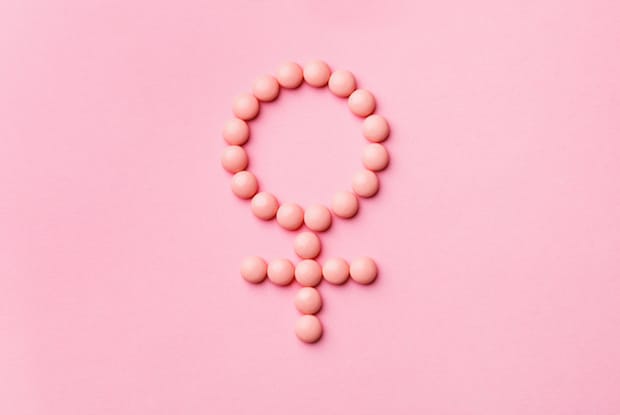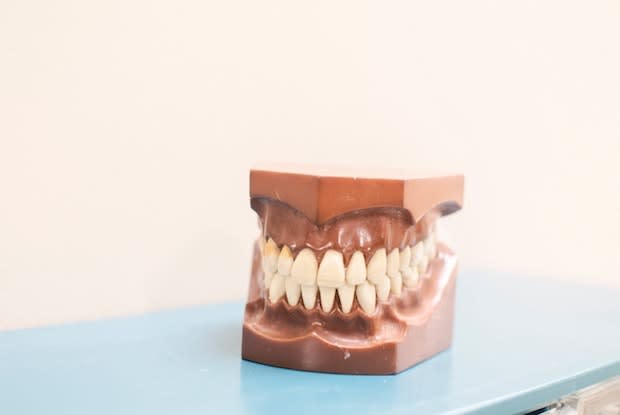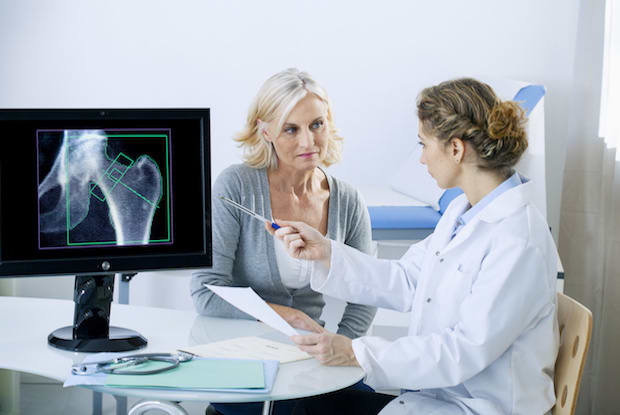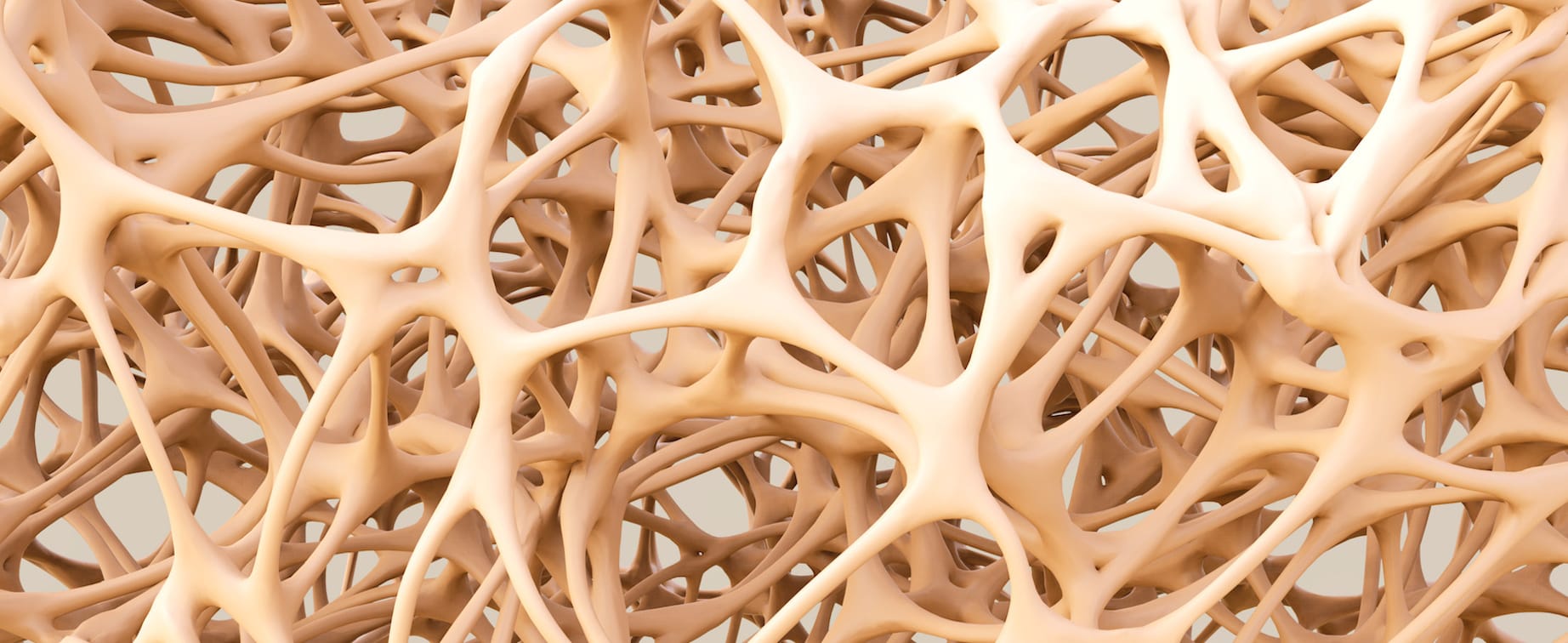Table of Contents
III. The Importance of Estrogen
V. Treating Osteoporosis Along with Menopause
Understanding Menopause
There are lots of changes that occur in a woman’s body during menopause. Menopause is a natural biological process that typically occurs in a woman’s 40s or 50s. This process signifies the end of a woman’s menstrual period, and they are no longer able to have children. This period in a woman’s life is usually full of transitions, so menopause can be complicated and may lead to physical and mental symptoms. [1]
The symptoms of menopause typically include:
- Chills
- Night sweats
- Mood changes
- Thinning hair and dry skin
- Loss of breast fullness
- Hot flashes
- Irregular periods
- Vaginal dryness
- Sleep problems
When estrogen levels dip, serious complications can occur if proper measures are not taken. Once menopause occurs, osteoporosis can take hold. Osteoporosis is often linked to menopause and a loss of bone density. Luckily, there are many medications like Fosamax, Actonel, and Evista to help combat this bone disorder. Read on to learn more about menopause and its connection to osteoporosis. [2]
The cause and symptoms of menopause can vary from woman to woman. Menopause can occur naturally as a woman ages, but can also occur for different reasons. Menopause may begin due to: Hysterectomy: A hysterectomy surgery involves the removal of female sex organs. There are several different versions of this surgery, but a total hysterectomy involves removing the uterus and ovaries. Menopausal signs will often develop immediately, and you will experience hot flashes and hormonal changes. Chemotherapy and radiation therapy: Cancer therapies can lead to early menopause and menopausal symptoms. Hot flashes can occur during chemotherapy treatments. Menstruation and fertility may also be affected, but may not be permanent. Change in reproductive hormones: The ovaries are responsible for producing estrogen and progesterone in the body. These hormones regulate menstruation but decline as a woman ages. As these hormones decline, so does fertility. When menopause finally occurs, the ovaries stop producing estrogen, and then menopausal symptoms occur. The lack of estrogen can also lead to a loss of bone density, which results in osteoporosis. [2] Estrogen is a female hormone responsible for many important functions in the female body. Estrogen affects the urinary tract, heart, blood vessels, breasts, skin, hair, pelvic muscles, mucous membranes, and the brain. Estrogen also plays a larger role in the cardiovascular and musculoskeletal systems. [3] When a female is nearing menopause, several changes will occur in the body that reveals a drop in estrogen. In some severe cases, a drop in estrogen can disrupt the homeostasis of bones and skeletal growth. Osteoporosis is most common 3 to 5 years after the onset of menopause. This bone condition leads to loss of trabecular bone (the porous part of the bone). A lack of estrogen can accelerate bone loss in postmenopausal women as well as older men. Low estrogen can also result in excessive bone resorption and inadequate bone formation. Unfortunately, most people do not know they are experiencing osteoporosis until they break a bone. Therefore, people may need to seek medications for osteoporosis and estrogen replacement therapies to lower their risk of fracture. [4] As a person ages, bones break down and regenerate like all the other processes in the body. Until around the age of 30, the growth of bone exceeds loss, but as people grow older, the opposite begins to occur. Old bone begins to break down faster than the building of new bone. The inside of bones resembles a honeycomb with many little holes. When osteoporosis takes hold, the holes become larger, which can compromise the integrity of bones. The bones become brittle and porous and are more prone to breakages. [5] Other symptoms of osteoporosis can include: As mentioned earlier, menopause is one major risk factor for osteoporosis. Other common risk factors include: Osteoporosis is known as the "silent disease" because it occurs without any symptoms. If you have already gone through menopause, it is smart to seek a doctor's advice and test for osteoporosis. Osteoporosis is typically diagnosed through a bone density test. This is the only test that can predict osteoporosis before a bone fracture occurs. A bone density test is a painless procedure where a machine scans over your body using low levels of x-rays. These scans determine the number of minerals in your bones. The hips and spine are checked most frequently because they are more prone to breakages in older adults. If your doctor determines you are at risk for osteoporosis, they will make a treatment plan for you. Treatment depends on your bone density and your risk of breaking a bone in the near future. If the risk isn't too high, you will likely be prescribed medication to prevent your bone from deteriorating further. Bisphosphonate medications like Fosamax (alendronate), Actonel (risedronate), and Boniva (ibandronate) are the most commonly prescribed types of drugs. Luckily, women can get on top of their menopause and osteoporosis risk at the same time. Many menopausal medications are infused with estrogen to help regulate fluctuating hormones. Many women have to take supplemental estrogen medications for long periods of time, which may lower the risk of osteoporosis. Estrogen therapy can reduce your risk of blood clots, endometrial cancer, breast cancer, and heart disease. Evista (raloxifene) is a medication that mimics estrogen's beneficial effect on bone density without some of the risks that accompany some estrogen therapies. Estrogen therapies for bone loss are typically used for younger women and those with menopausal symptoms that require treatment. Your doctor will help determine which medication is right for you. The content provided in this article is based on thorough research and in some cases, reviewed by a medical professional. Our goal for the information is to provide helpful, general health informational. It is not intended as a substitute for professional medical advice.
Why Does Menopause Occur?
The Importance of Estrogen

Symptoms of Osteoporosis

Treating Osteoporosis Along with Menopause

